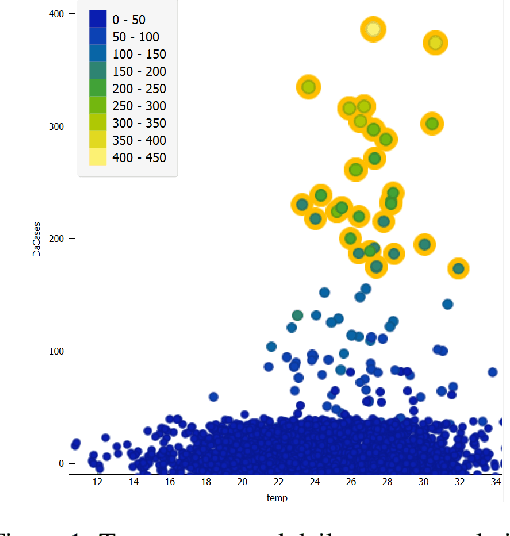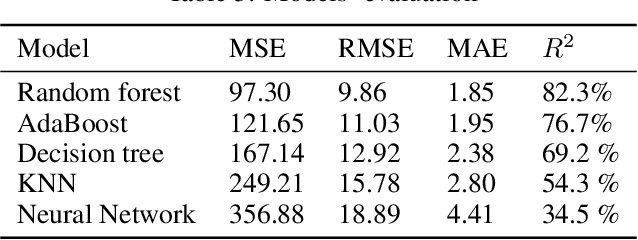Abdulrahman Alhaidari
SolRPDS: A Dataset for Analyzing Rug Pulls in Solana Decentralized Finance
Apr 06, 2025Abstract:Rug pulls in Solana have caused significant damage to users interacting with Decentralized Finance (DeFi). A rug pull occurs when developers exploit users' trust and drain liquidity from token pools on Decentralized Exchanges (DEXs), leaving users with worthless tokens. Although rug pulls in Ethereum and Binance Smart Chain (BSC) have gained attention recently, analysis of rug pulls in Solana remains largely under-explored. In this paper, we introduce SolRPDS (Solana Rug Pull Dataset), the first public rug pull dataset derived from Solana's transactions. We examine approximately four years of DeFi data (2021-2024) that covers suspected and confirmed tokens exhibiting rug pull patterns. The dataset, derived from 3.69 billion transactions, consists of 62,895 suspicious liquidity pools. The data is annotated for inactivity states, which is a key indicator, and includes several detailed liquidity activities such as additions, removals, and last interaction as well as other attributes such as inactivity periods and withdrawn token amounts, to help identify suspicious behavior. Our preliminary analysis reveals clear distinctions between legitimate and fraudulent liquidity pools and we found that 22,195 tokens in the dataset exhibit rug pull patterns during the examined period. SolRPDS can support a wide range of future research on rug pulls including the development of data-driven and heuristic-based solutions for real-time rug pull detection and mitigation.
Weather impact on daily cases of COVID-19 in Saudi Arabia using machine learning
May 07, 2021



Abstract:COVID-19 was announced by the World Health Organisation (WHO) as a global pandemic. The severity of the disease spread is determined by various factors such as the countries' health care capacity and the enforced lockdown. However, it is not clear if a country's climate acts as a contributing factor towards the number of infected cases. This paper aims to examine the relationship between COVID-19 and the weather of 89 cities in Saudi Arabia using machine learning techniques. We compiled and preprocessed data using the official daily report of the Ministry of Health of Saudi Arabia for COVID-19 cases and obtained historical weather data aligned with the reported case daily reports. We preprocessed and prepared the data to be used in models' training and evaluation. Our results show that temperature and wind have the strongest association with the spread of the pandemic. Our main contribution is data collection, preprocessing, and prediction of daily cases. For all tested models, we used cross-validation of K-fold of K=5. Our best model is the random forest that has a Mean Square Error(MSE), Root Mean Square (RMSE), Mean Absolute Error (MAE), and R{2} of 97.30, 9.86, 1.85, and 82.3\%, respectively.
 Add to Chrome
Add to Chrome Add to Firefox
Add to Firefox Add to Edge
Add to Edge